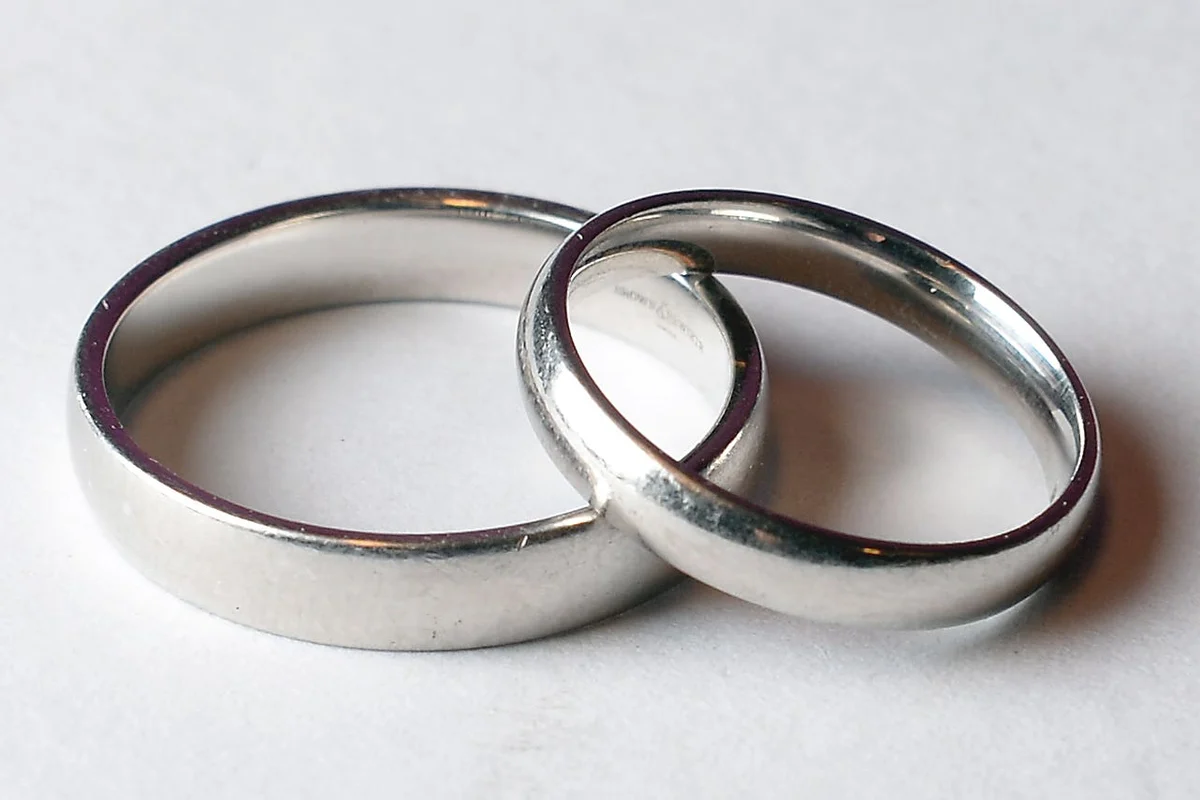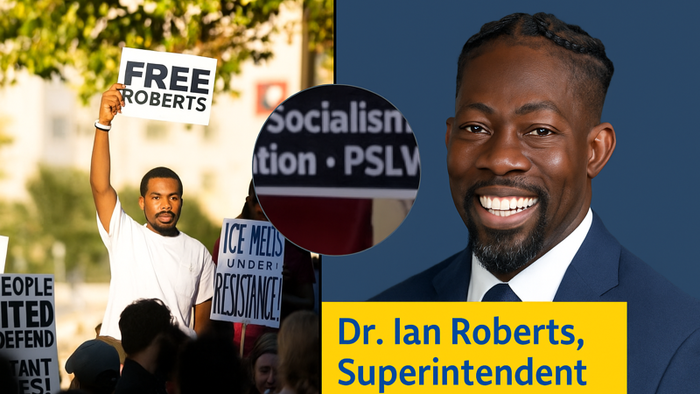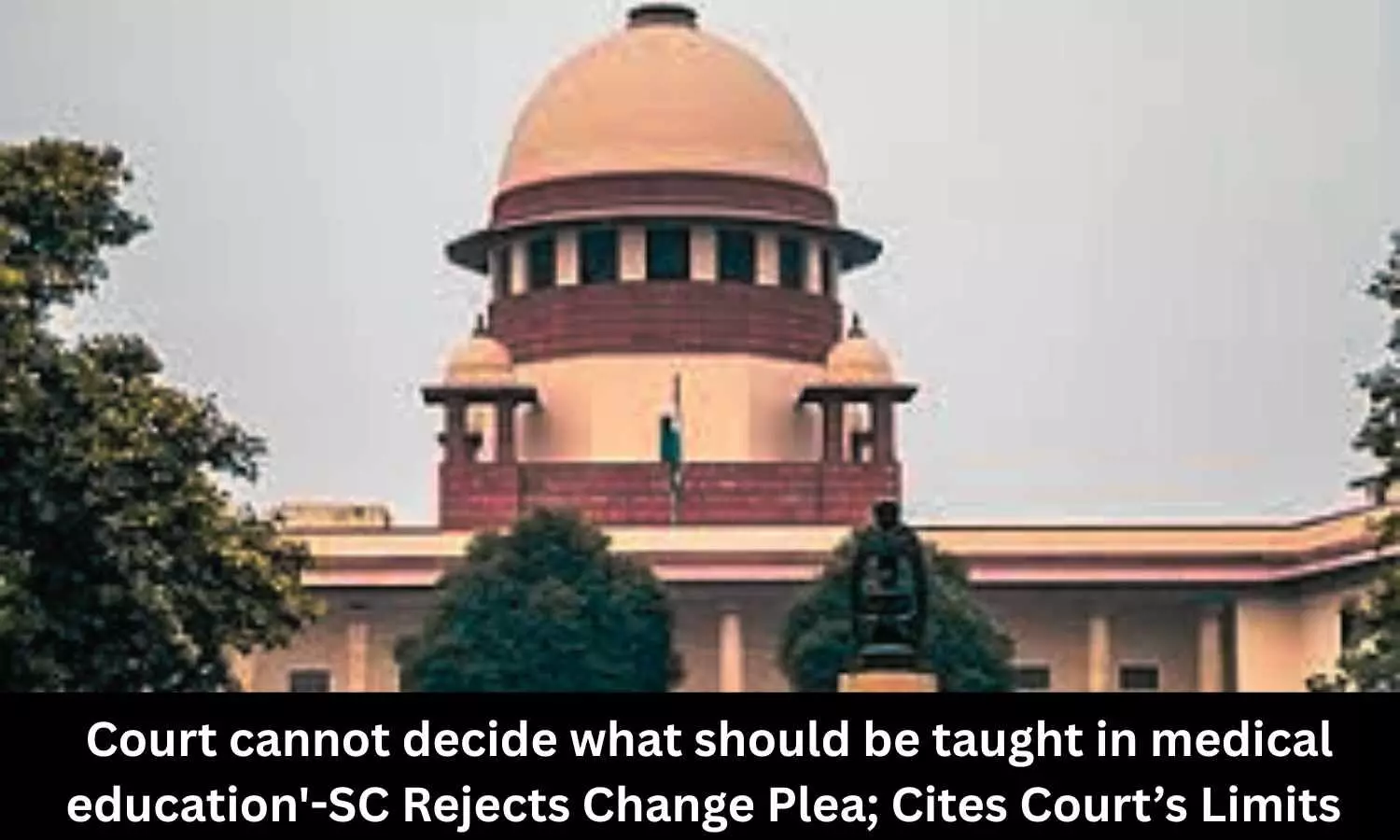By Arielle Domb
Copyright standard

The Health Secretary Wes Streeting has asked for an apology after NHS England’s Genomics Education Programme published a report suggesting there were benefits to first-cousin marriage.
The guidance, which now appears to have been taken down from the website, said first-cousin marriage is linked to “stronger extended family support systems and economic advantages”.
Speaking with LBC Radio on Tuesday, Streeting criticised the NHS guidance: “The first I heard of this was when I saw that report, I asked immediately, ‘What on earth is going on here and what are they playing at?’
“The advice has been taken down but why was it ever there in the first place?”
Here’s a guide to the debate around cousin marriage in the UK:
In the UK, the Marriages Act prohibits a number of blood relatives, step-relatives and relatives-in-law from getting married or becoming civil partners. This means you cannot marry your siblings, parent, son, daughter, aunt or uncle.
However, it is legal to marry your cousin. As it stands, the UK follows the policy of “genetic counselling”, in which first-cousin couples are educated about the risks of having children, and encouraged to get extra screening in pregnancy.
Cousin marriage has long been subject to debate in the UK. Last year, the Conservative MP Richard Holden introduced a private members’ bill to outlaw the marriage of first cousins, while Labour says there are “no plans” to prohibit it.
First-cousin marriage became illegal in Norway last year, and a ban will come into effect in Sweden next year.
Blood-related parents can increase the health risks for a child, because if both parents carry a recessive gene for a disease, there’s a one in four chance that the child will inherit it.
A child of first cousins has a 6 per cent chance of inheriting a recessive disorder, while for the rest of the population, the probability is 3 per cent.
Between 2007 and 2010, researchers studied over 13,000 babies in Bradford — a region in which first-cousin marriage is “fairly common”. The study, which was one of the biggest medical trials of its kind, found that the risks of first-cousin marriage were greater than inheriting a recessive disorder.
It found that the child of a first cousin had an 11 per cent chance of being diagnosed with a speech and language problem (compared with 7 per cent of the general population).
The children of first cousins had a 54 per cent of obtaining a “good stage of development,” compared with 64 per cent of children with non-related parents.
Children of first cousins also have a third more primary care appointments than children of non-related parents, averaging four (as opposed to three) per year.
The NHS guidance cited Professor Sam Oddie, a consultant neonatologist and researcher at Bradford Teaching Hospitals, who has said that blaming first-cousin marriage for genetic conditions is an “oversimplification”.
Professor Oddie has said that while there are a lot of severe genetic disorders in Bradford, he believes that endogamy, the marriage of people within a close community, is the main risk to genetic health.
“It’s an oversimplification to say that cousin marriage is the root of all excess recessive disorders in Bradford or in Pakistani communities. Endogamy is an important feature,” Professor Oddie says.
Endogamy is an issue in other tight-knit groups, such as Jewish communities and among the Amish and French Canadians.
The NHS report said that cousin marriage has been legal in the UK since the 1500s, adding that there are other things that can increase the risk of inheriting diseases, such as alcohol, smoking and parental age.
The NHS guidance proposes a balance between cultural sensitivity and scientific understanding, stressing the need to focus on ‘genetic literacy’ — including education and voluntary screening — as opposed to calling for an outright ban on the practice.
A spokesman for NHS England said: “The article published on the website of the Genomics Education Programme is a summary of existing scientific research and the public policy debate. It is not expressing an NHS view.”
The NHS has faced backlash in the wake of the new guidance. Tory MP Richard Holden told the Mail On Sunday: “Our NHS should stop taking the knee to damaging and oppressive cultural practices.
“The Conservatives want to see an end to cousin marriage as a backdoor to immigration too, but Labour are deaf to these sensible demands.
“Sir Keir Starmer should stop running scared of the misogynistic community controllers and their quislings who appear in the form of cultural relativist-obsessed sociology professors, and ban a practice the overwhelming majority, from every community in Britain, want to see ended for good.”
Dr Patrick Nash, an expert on religious law and director of the Pharos Foundation social science research group in Oxford, also disagreed with the guidance, causing it “truly dismaying”.
“Cousin marriage is incest, plain and simple, and needs to be banned with the utmost urgency – there is no ‘balance’ to be struck between this cultural lifestyle choice and the severe public health implications it incurs.
“This official article is deeply misleading and should be retracted with an apology so that the public is not misled by omission and half-truths.”



